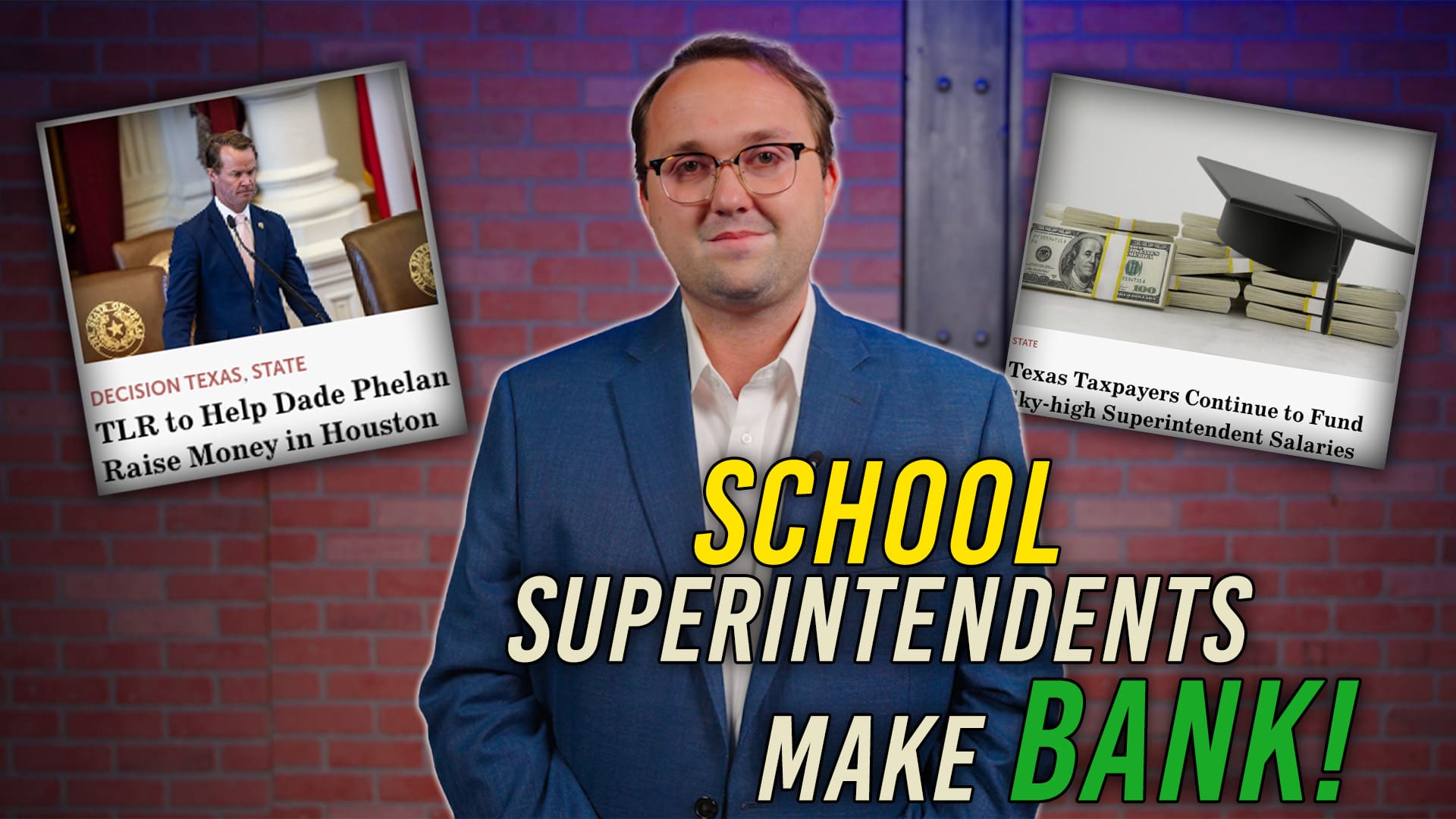On January 20th, volunteers organized as Citizens For a Better Arlington held a press conference to announce a successful petition to ban red light cameras. Their effort garnered 11,405 signatures, nearly 2,000 more than the legal requirement to place the item before the city council.
Once the signatures are verified, the council will either approve or deny voters an opportunity to vote on the measure during local elections this May. To date, Robert Rivera is the only councilman to publicly support the red light camera ban.
If the council rejects the petition, Arlington’s contract with American Traffic Solutions for red-light cameras would continue through 2027. In the end, ignoring local residents may prove futile.
State Rep. Jonathan Stickland (R-Hurst) has filed HB 142, a measure that would ban recording devices statewide. If House leadership allows the bill to reach the floor for a vote, it’s likely to attract public pressure for passage.
Local officials in support of the cameras pitch their alleged safety benefits, claiming they reduce accidents in busy intersections. But hard data from TxDoT contradicts such claims.
In fact, since the cameras have been introduced in twenty-two intersections, the numbers of accidents in the city have actually increased.
There are also issues of propriety, transparency, effectiveness, and most importantly, due process.
Critics argue the council is more interested in revenue generation than public safety. Faith Bussey, a grassroots organizer, reinforced community concerns:
“The government’s own data shows the cameras are not making intersections any safer. The city could adopt other policies to address safety, but they aren’t, because it doesn’t involve them charging a fee,” Bussey stressed. “It doesn’t matter what side of the political aisle you are on… people don’t like red light cameras and they aren’t comfortable with a corporation determining your alleged guilt on behalf of the government—it’s unconstitutional.”
Some drivers who receive fines are wrongly accused. Even worse, red light cameras allow a private company to profit off a traffic citation. In fact, the company is given unilateral discretion to adjudicate violations, despite having an obvious conflict of interest. The accused can contest the fee, but the convoluted process effectively denies due process.
Kelly Canon says residents should also be concerned about the lack of transparency. “The city’s own audit from 2011 admits there is no way to scrutinize the company’s internal process for determining who gets fines, and who is sent to the police department for review,” Canon stated. “As a private company, they claim they are not subject to Open Records Requests.”
Arlington is also infamously known for other self-inflicted absurdities, such as “traffic calming zones.” The city built protruding medians along residential streets and inside intersections in the hope that these unnecessary obstacles would induce drivers to slow down. So much for public safety!
This isn’t the first time the council has received public backlash. Last year, it adopted an anti-free speech ordinance in response to open carry activists.
Arlington serves as a glaring example as to why Texans need to actively engage at the local level. Too many elected politicians have forgotten that their duty is to secure the liberties and rights of the people, not abridge them.




